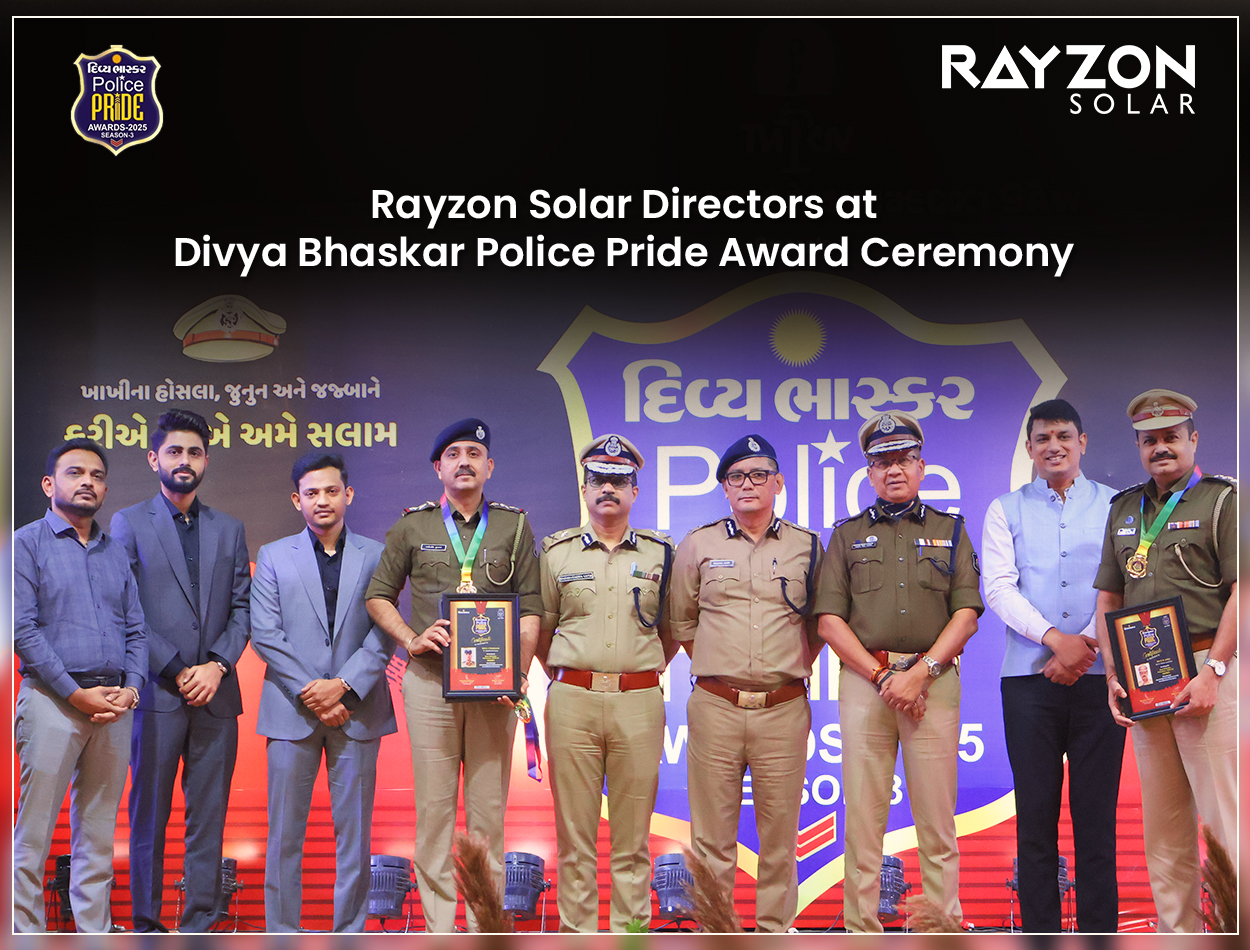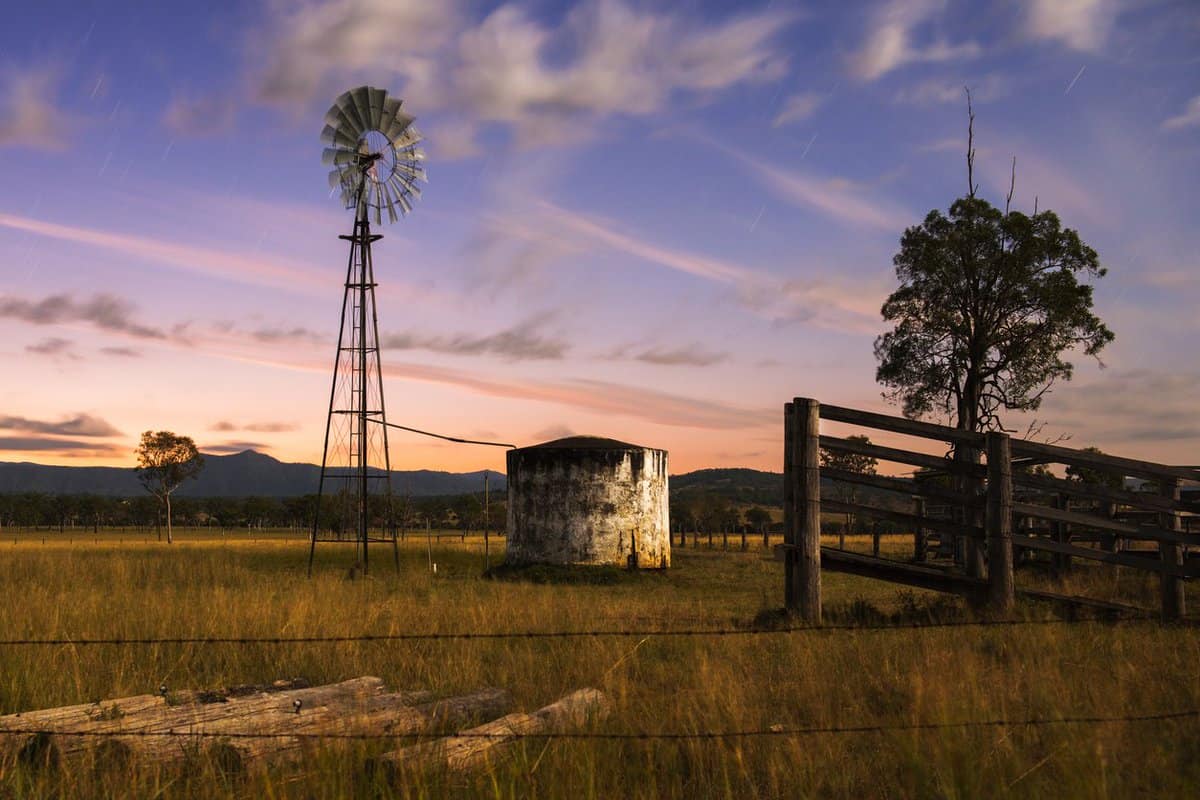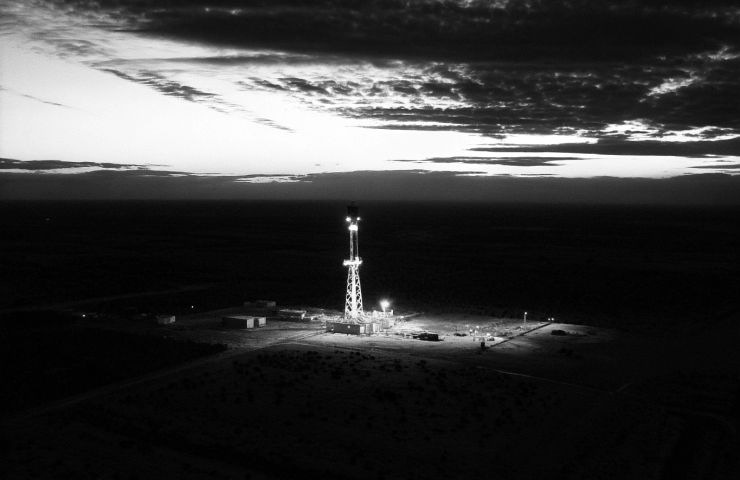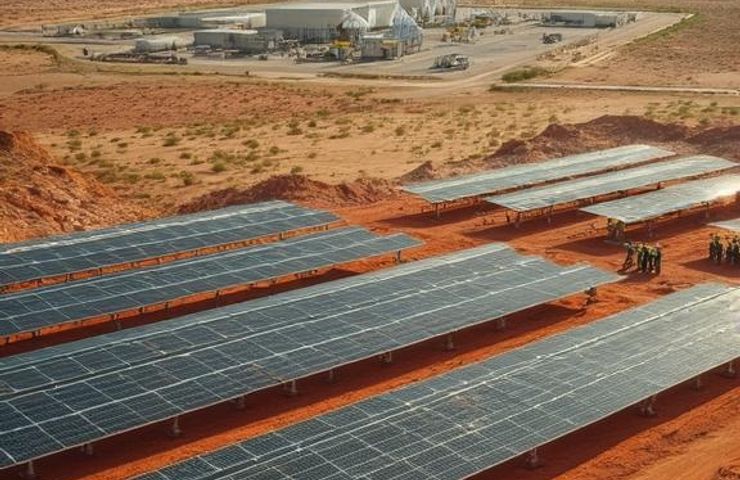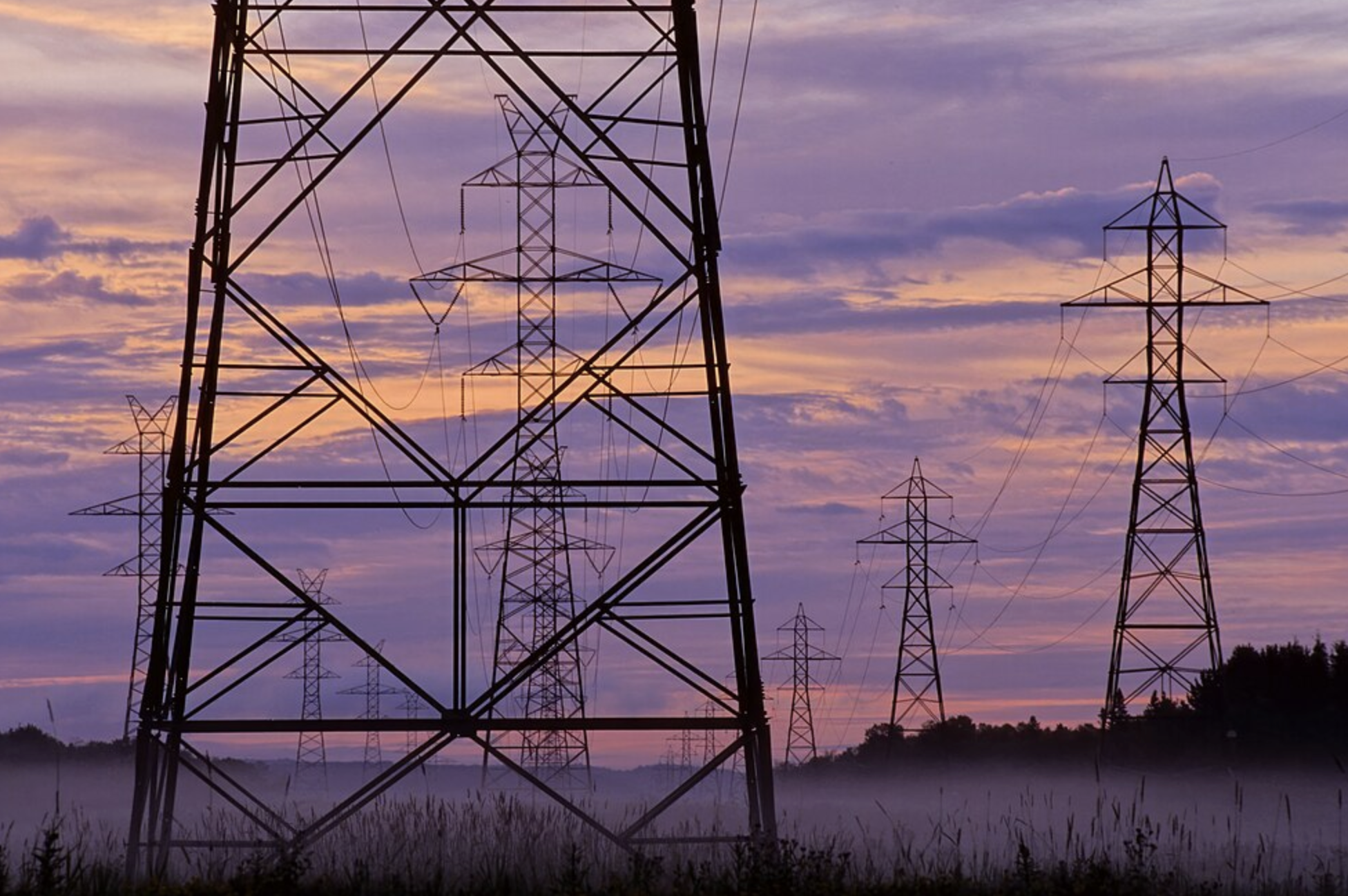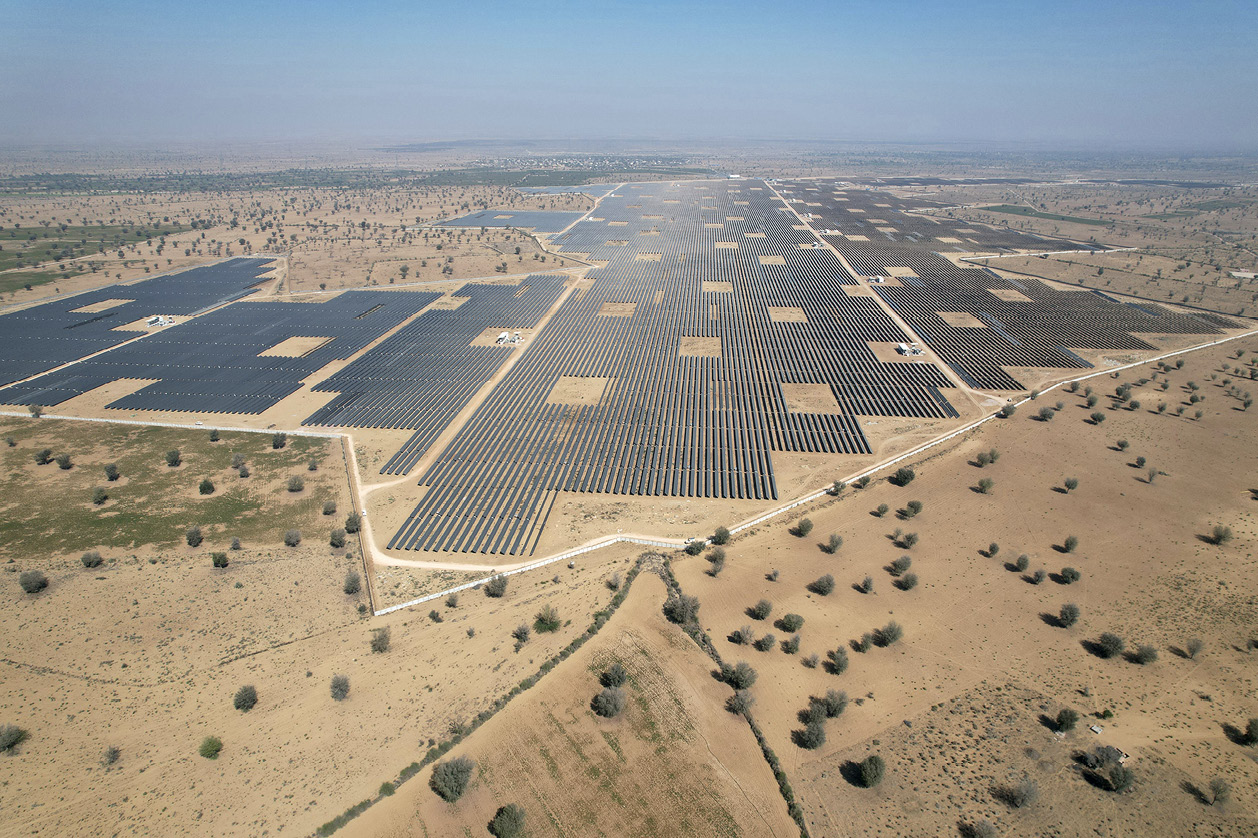New Louisiana Renewable Energy Law Emphasizes Solar Facility Siting with Carve Out for Parishes
Louisiana has a new renewable energy law on the books, Act No. 279, set to take effect on August 1, 2025. It provides for the regulation of solar facilities, renewable energy batteries, and onshore wind projects, all under the permitting authority of the Louisiana Department of Energy and Natural Resources (LDENR). The solar facility piece... Continue Reading


Louisiana has a new renewable energy law on the books, Act No. 279, set to take effect on August 1, 2025. It provides for the regulation of solar facilities, renewable energy batteries, and onshore wind projects, all under the permitting authority of the Louisiana Department of Energy and Natural Resources (LDENR). The solar facility piece of the legislation comes in response to several parishes grappling with recent divisions over large-scale solar project proposals. Act No. 279 is notable in that it grants the state permitting authority and mandates solar project siting requirements, yet it carves out an exception whereby parish governments may elect to impose their own, potentially more restrictive, siting requirements. A summary of the new requirements for each renewable energy category is as follows.
Solar Facilities
Any solar power generation project with a footprint of 75 acres or more must obtain a permit from LDENR. In addition, the Department of Agriculture and Forestry and the Department of Wildlife and Fisheries may weigh in and comment on the project permit.
The new law also contains siting requirements related to setbacks and noise levels that apply to solar facilities with a footprint of 75 acres or more and that begin construction after January 1, 2026. However, there are notable exceptions to these siting requirements:
- Parish governments that create their own siting requirements can opt out of the state siting requirements.
- Facilities located completely within an industrial-zoned area or a Louisiana Economic Development-certified site are excepted from the siting requirements.
- Residential property owners may opt out of certain siting requirements under a written agreement with the solar project’s operator.
The new law’s setback requirements are generally 300-feet from adjacent residential property lines; 100-feet from the ordinary low watermark of natural and navigable waterways; and 50-feet from the edge of public roads. Additional vegetative barrier requirements were also adopted. In addition, the act prohibits noise levels greater than 10 A-weighted decibels (dbA) above the pre-project operation ambient noise level at the project’s property line.
Renewable Energy Batteries
The new law requires that any renewable energy storage facility obtain a permit from LDENR prior to battery installation. Proof of financial security and a decommissioning plan are also required. LDENR has been directed to promulgate rules to implement these requirements by August 31, 2026.
Onshore Wind Energy
The new law prohibits the construction or completion of any onshore wind project without a permit from LDENR. Proof of financial security and a decommissioning plan are required as part of the permitting process. LDENR has been directed to promulgate rules to implement these requirements by August 31, 2026. The law applies to wind turbines that are land-based and that are located in inland water bodies.
Act No. 279 sets into motion new permitting requirements for renewable energy in Louisiana, granting LDENR the state permitting authority. With respect to solar, the act paves the way for parish governments to exercise control over project siting by opting out of the state requirements. The act does not speak to the nature of parish requirements, and parish governments therefore have leeway to craft their siting requirements to be more restrictive. As a result, it will be important to monitor the extent to which new parish-level ordinances are enacted as a counter to Act No. 279, as well as how previously adopted parish ordinances interact with Act No. 279. For more information on renewable energy transactions and approvals at both the state and local levels, please contact Liskow attorneys Neil Abramson, Paul Kitziger, and Clare Bienvenu and visit our Environmental Regulatory practice page.
What's Your Reaction?







